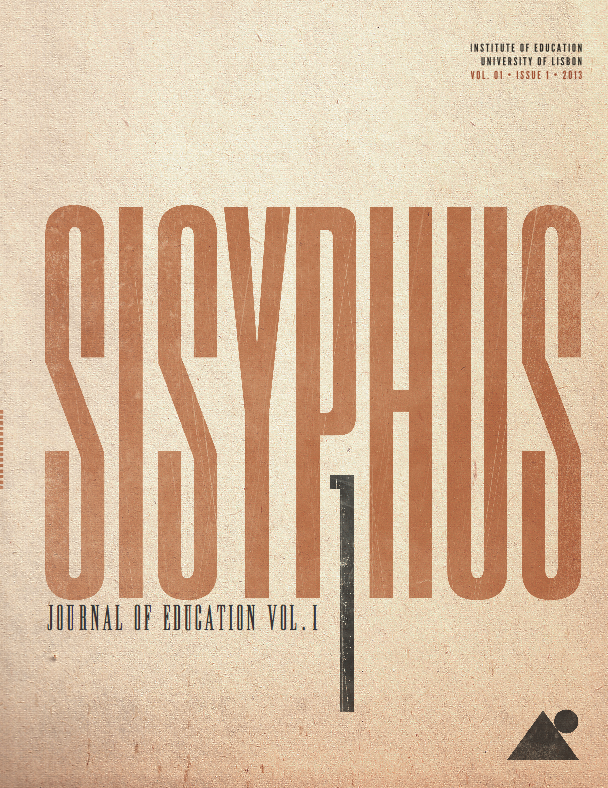World Society and the University as Formal Organization
DOI:
https://doi.org/10.25749/sis.2833Keywords:
World society, Rationalized organizations, Socially embedded universitiesAbstract
This paper describes and interprets the worldwide transformation of universities with respect to how they account for excellence. It first reflects on the rationalized university as an organizational ideal and the implications of rationalization on standardizing university practices. The paper then focuses on two interrelated phenomena: the assessment of faculty and the assessment of universities, as illustrations of accounting-for-excellence. Examining the annual faculty report and tenure protocol as examples of common organizational practices within American universities, it argues that these practices facilitate American university participation in national and international university rankings. Finally, it is argued that American universities underwent earlier organizational rationalization and differentiation than universities in other countries in part because they were less differentiated from other social institutions. In the absence of the buffering authority of the state and the professoriate, American universities early on became organizational actors dealing with multiple stakeholders in search of resources and legitimacy.
Downloads
Downloads
Issue
Section
License
Copyright (c) belongs to Sisyphus - Journal of Education. However, we encourage issued articles to be published elsewhere, provided that Sisyphus authorization is asked for and that authors integrate our original source citation and a link to our website.
Author Self-Archiving Policy
Author(s) are permitted to self-archive the final published version in institutional or thematic repositories, and in their personal or institutional websites.
DORA Signer
The Instituto de Educação da Universidade de Lisboa, Sisyphus' Publisher, is a San Francisco Declaration on Research Assessment signer.






